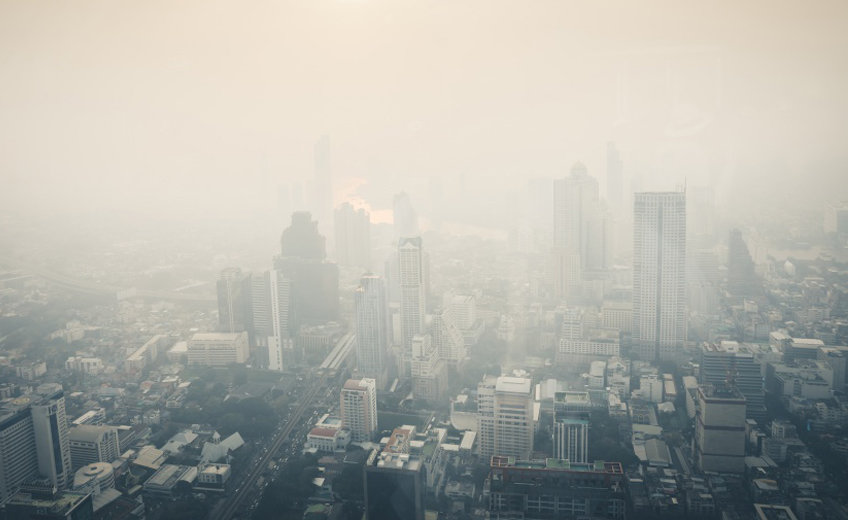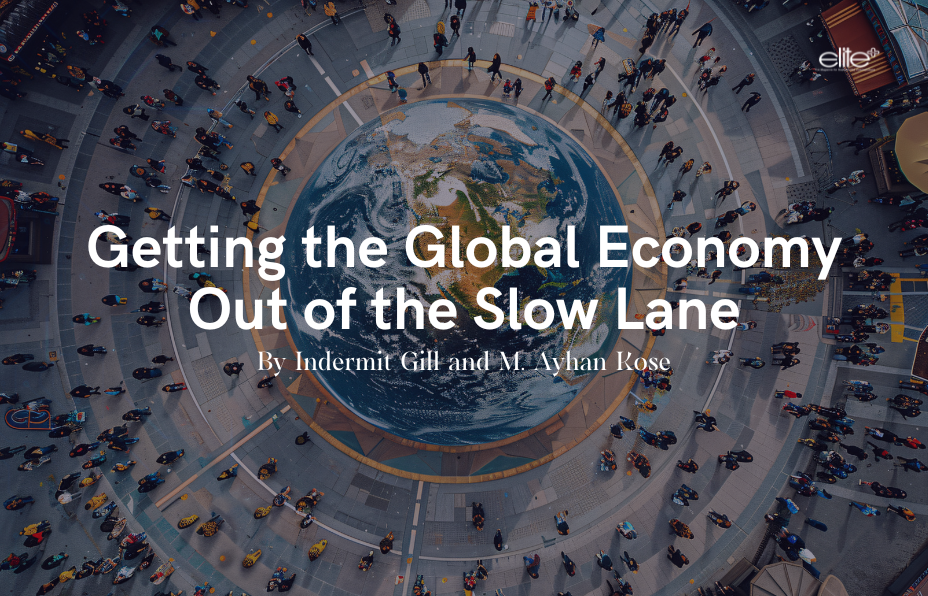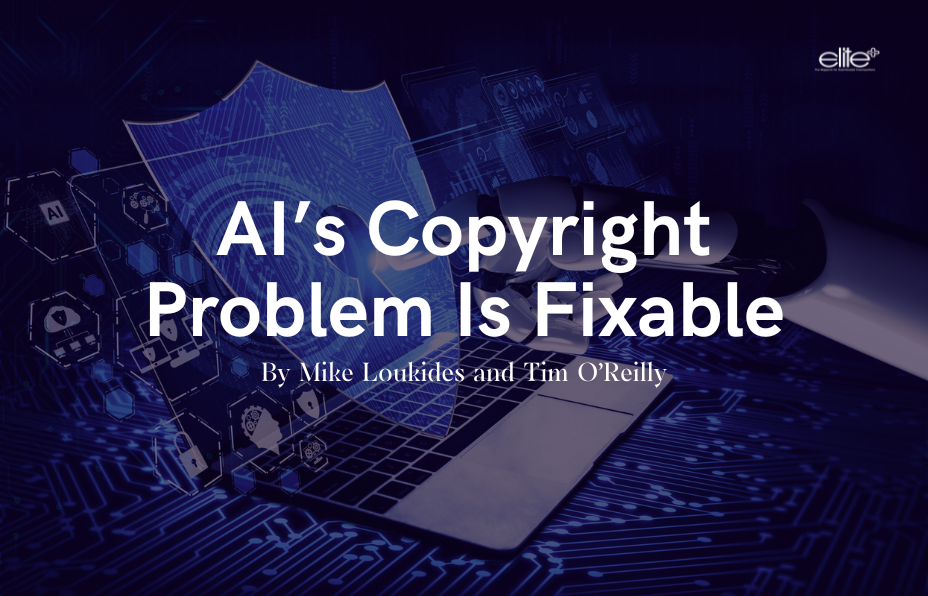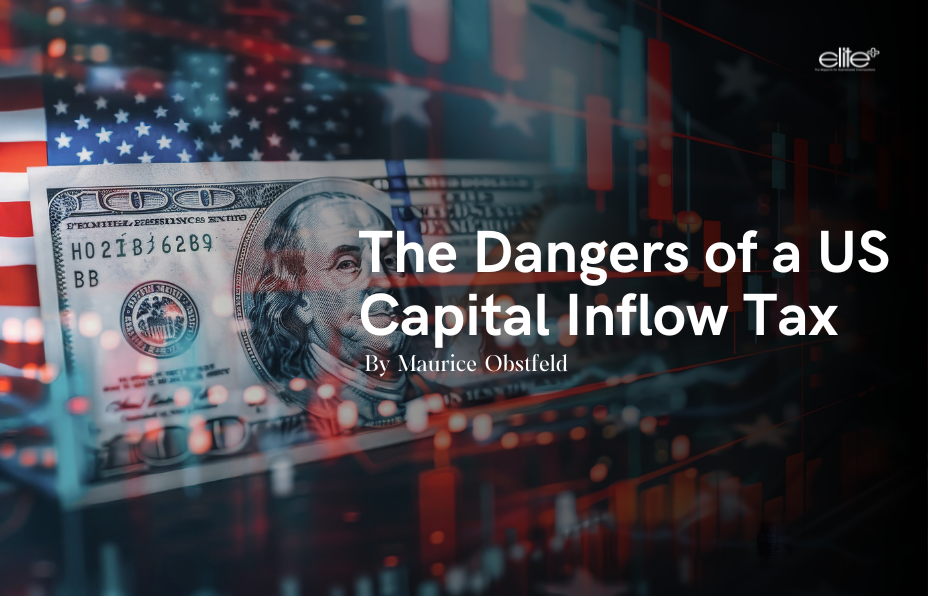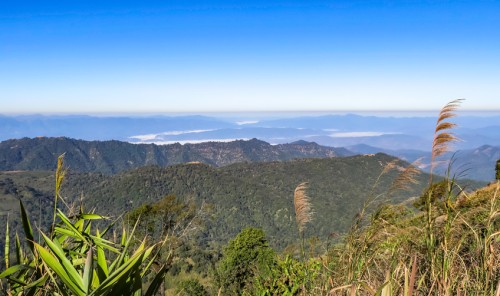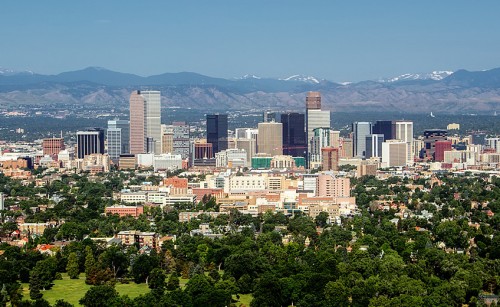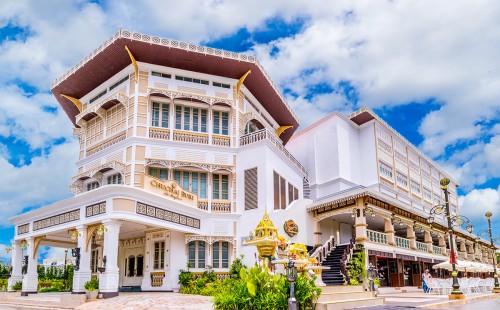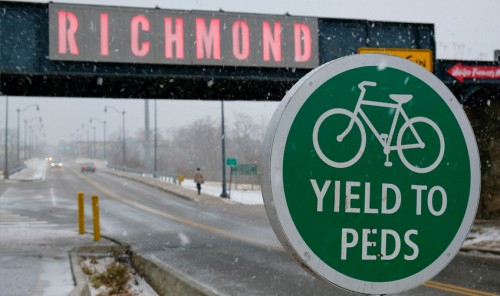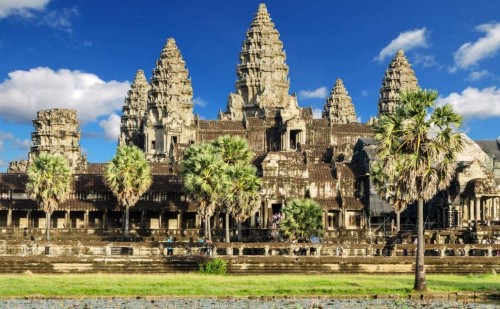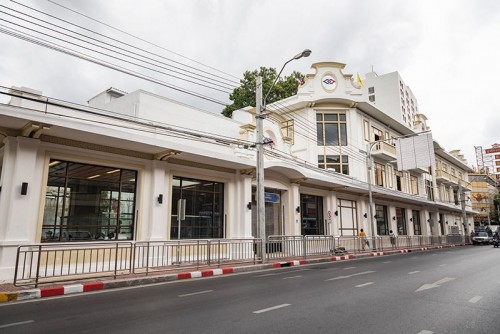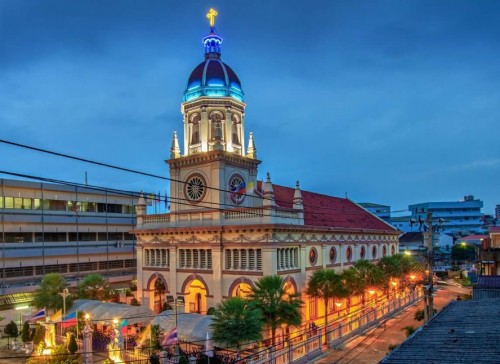If you have $3,000, which is about 99,000 baht, in the United States you can buy a decent used car to serve your transportation needs. In fact, in the US, a new Ford Mustang costs only $30,000, or 990,000 baht, while in Thailand, the same car costs around 6.8 million baht. Even cars are assembled in Thailand, although less expensive than imports, cost much more than the same models in the United States.
Why are automobiles here so expensive? The reason, their import tariff and excise tax, which are among the highest in the world. As a developing country, the paradigm of most policy makers in Thailand has been to protect local businesses and manufacturers against imports, and they do this using some form of tax barrier.
For automobiles, the import tariff can be as high as 320 percent. This is because automobiles are considered luxury items. Moreover, automobiles produce air pollution, so a high excise tax is applied. This is why automobiles are so expensive in Thailand. Even locally assembled cars are expensive because they require imported parts.
So, now we come to the question of whether or not governments in developing countries should use tax barriers and other measures to protect local industries? The answer is yes, but only during their infant period. The longer such industries are protected, the weaker and less competitive they become. As Professor Rangsan Thanapornphan, one of Thailand’s most renowned economists, once put it, “All infant industries have now become old, but still remaininfants!”
Partially because of this, according to the World Competitiveness Center,
Thailand’s global competitiveness ranking just slipped three spots to thirtieth while Singapore is ranked third and Malaysia ranked twenty second.
With a protection policy in place, not only automobiles, but also other imported goods are much more expensive than they should be. A name brand back pack costs around $80, or 2,640 baht, in the United States while in Thailand, the same back pack will cost about 6,700 baht. This could be the reason why Thai tourists when travelling to other countries have been mockingly dubbed as “people who buy everything in sight”.
Another question to ask is whether automobiles should even be considered luxury goods. How can a small compact be called luxury, especially in a country where public transportation is still a nightmare? Although the BTS Skytrain and MRT underground are running, they are also being expanded around Bangkok and suburban areas, causing havoc to traffic. Furthermore, to get to a station from residential areas, a car or some form of transport is required, and considering the quality of public transportation, an automobile to most people is a necessity. That is why the first thing most Thais want, once they have a job, is a car.
Because automobiles are expensive, Thais often own the same car far too long, some more than 10 years. The older the car, the less efficient they become as they consume more petrol and so emit more pollution. This is one reason why PM2.5 emissions in Bangkok and other provinces far exceed safety standards, causing real concern.
With the existing import tariffs, the only way prices can possibly come down is to assemble cars with 100 percent locally produced parts, but in this post globalization era, outsourcing seems the best way for car manufacturers to procure the highest quality parts at the lowest prices from anywhere.
In the past, there have been attempts by the Government to establish a national automobile company. Luckily, the attempts have never materialized, saving tax payers a lot of money. It is simply too difficult, if not impossible, to start from scratch and compete with established brands such as Toyota, BMW, Nissan and Mercedes as well as Korean Kia and Hyundai.
It is clear that without tax restructuring, automobile prices in Thailand will remain ridiculously high, and while the middle-class can barely afford an automobile, most struggle to own one as they believe a car is a necessity and not a luxury.
Perhaps the Government needs to revise the import tariff structure to better reflect reality. If this is done, we will be able to purchase quality merchandise at reasonable prices, meaning more efficient cars and less pollution.
More tourists will then come as Thailand becomes cleaner and more of a shopping paradise. Even more important, Thai industries will grow stronger and more competitive. After all, while the United States is ranked first, Hong Kong is ranked second and Singapore third as the world’s most competitive economy, and both Hong Kong and Singapore are duty-free countries. If these two countries can do it, why can’t Thailand?
